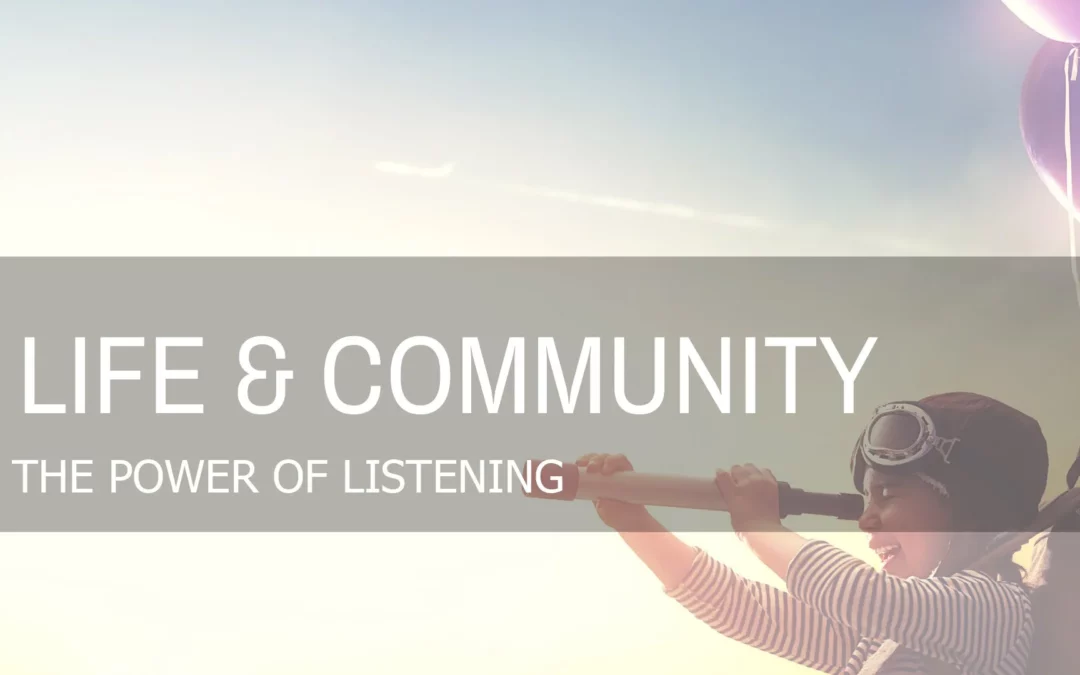What does it mean to truly listen to another person? It is not just the mere act of sitting quietly and paying attention to another person. it is the ability to let your mind sit still while absorbing what another has to say; the art of getting to know someone on his or her level. Listening gives us the ability to connect with other people on a deeper level and, more often than not, further insight into ourselves if we choose to accept and explore the humanity in others. The amazing thing, as humans, we have the distinct capacity to empathize and then apply that knowledge in a highly deliberate manner. However, many times, we can get so caught up in our own heads forming a reply or worrying about giving an obligatory response that we only end giving our partial attention to the speaker. This can lead to roadblocks to effective listening
Adding Perspective
The psychologist, Thomas Gordon, suggested that there were “12 roadblocks” to effective listening:
- Ordering, directing, or commanding
- Warning, cautioning, or threatening
- Giving advice, making suggestions, or providing solutions
- Persuading with logic, arguing, or lecturing
- Telling people what they should do; moralizing
- Disagreeing, judging, criticizing, or blaming
- Agreeing, approving, or praising
- Shaming, ridiculing, or labeling
- Interpreting or analyzing
- Reassuring, sympathizing, or consoling
- Questioning or probing
- Withdrawing, distracting, humoring, or changing the subject
These roadblocks all illustrate unproductive responses that can close off lines of communication because they veer the focus of the conversation towards our own perceptions, judgments, and agendas. This is not to say that there is not a time and place for a lot of these responses. Nonetheless, the art of active listening requires us to be mindful of the other person: the essence of what is meant people say that they just want to be heard.
Thoughts for the Week
We’re all guilty of “not listening” sometimes and it can be difficult to stay fully engaged in a conversation. However, the more effort we put into becoming better listeners, the more communication, understanding and trust is built, which in turn, decreases the frequency of petty fights and increases the quality of conflict resolution.



